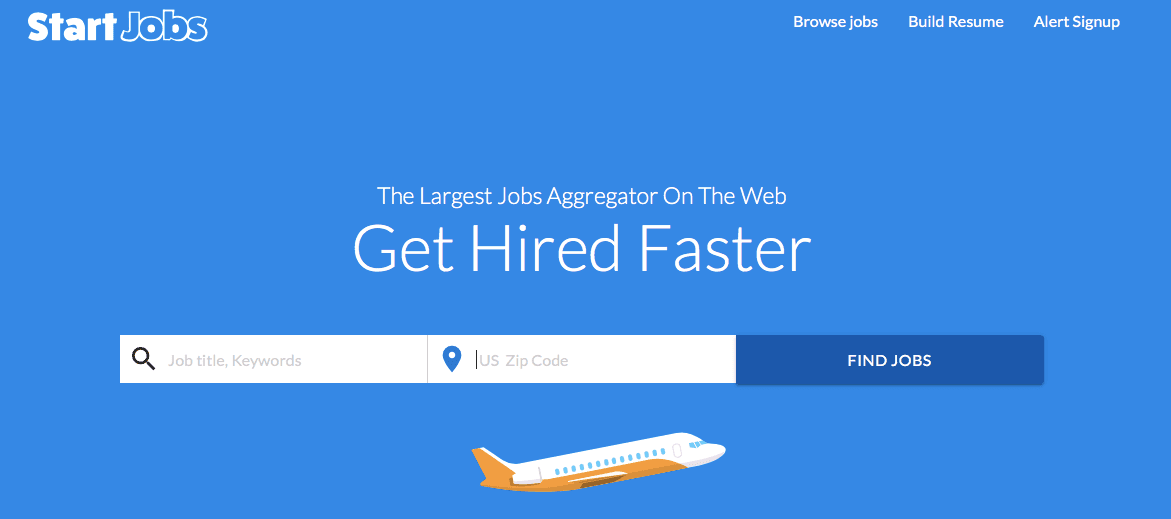AIM Group, a publisher that covers all things classifieds, has released the findings of a four-month investigation into two employment websites it deems fraudulent and deceptive. The first, StartJobs.net, promotes itself as a “the largest job aggregator on the web.” The second, OnlineResumeBuilders.com, is an affiliate site that claims to help job seekers build a resume.
Visiting StartJobs, the site looks like any other job aggregation site. Some of the results actually go to well-known services like ZipRecruiter and Glassdoor. However, the jobs, touting opportunities at companies like Amazon, Walmart, Starbucks and Frito Lay, take users to a funnel that collects deep personal information.
AIM reports that they’re even using networks and sophisticated marketing — even placing bogus ads on websites like WashingtonPost.com — to gather improper information and using it for questionable activities.
“[StartJobs] promises that site visitors will ‘get hired faster,'” wrote June Arney, a reporter for AIM Group. “But while it aggregates job listings, it’s clear the company is actually built around identity capture. Users who click on legitimate-sounding job postings are taken to sites unrelated to the listing. They are then asked to provide information far beyond what a recruitment site should require or capture.”
In addition to contact information, people are asked for financial information such as debt or current mortgage information. Those who who fall prey to the scam are soon bombarded with emails and text messages. Even replying “stop” in text messages, which is legally opting out of future messages, were ineffective because victims said new 10-digit numbers were used. The same misspellings in messages proved the same sender was behind the messages.
Not surprising, the company has an “F” grade with the Better Business Bureau. Additionally, all the physical addresses associated with the site lead to UPS Stores instead of an actual office or residence. The URLs were bought through GoDaddy, but the contact information is private.
Sadly, scams like this are nothing new and can’t be stopped. I can remember a time a decade ago when Monster served up interstitial ads to users that actually asked for social security numbers. Buyer beware will always be good advice. I’ll add that things like this ultimately help big brands that people trust. Names like Google and LinkedIn win when things like this happens. Even Facebook, which is handling a bit of a privacy fallout recently, looks good compared to this kind of scam.
